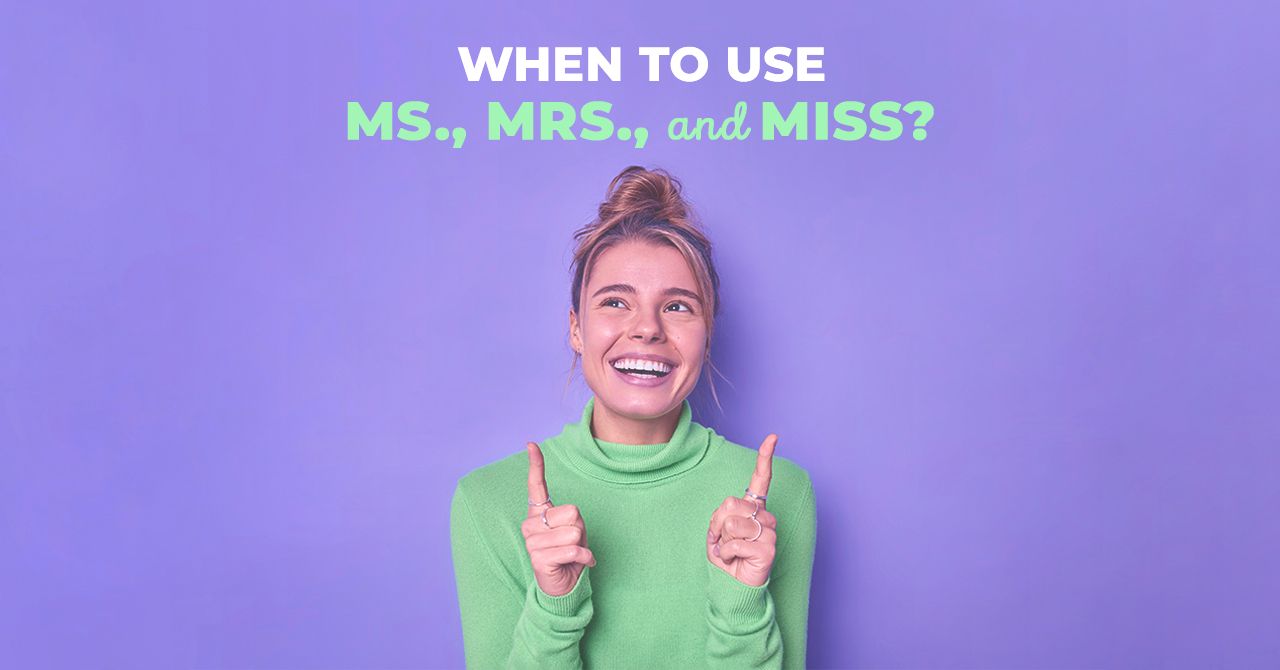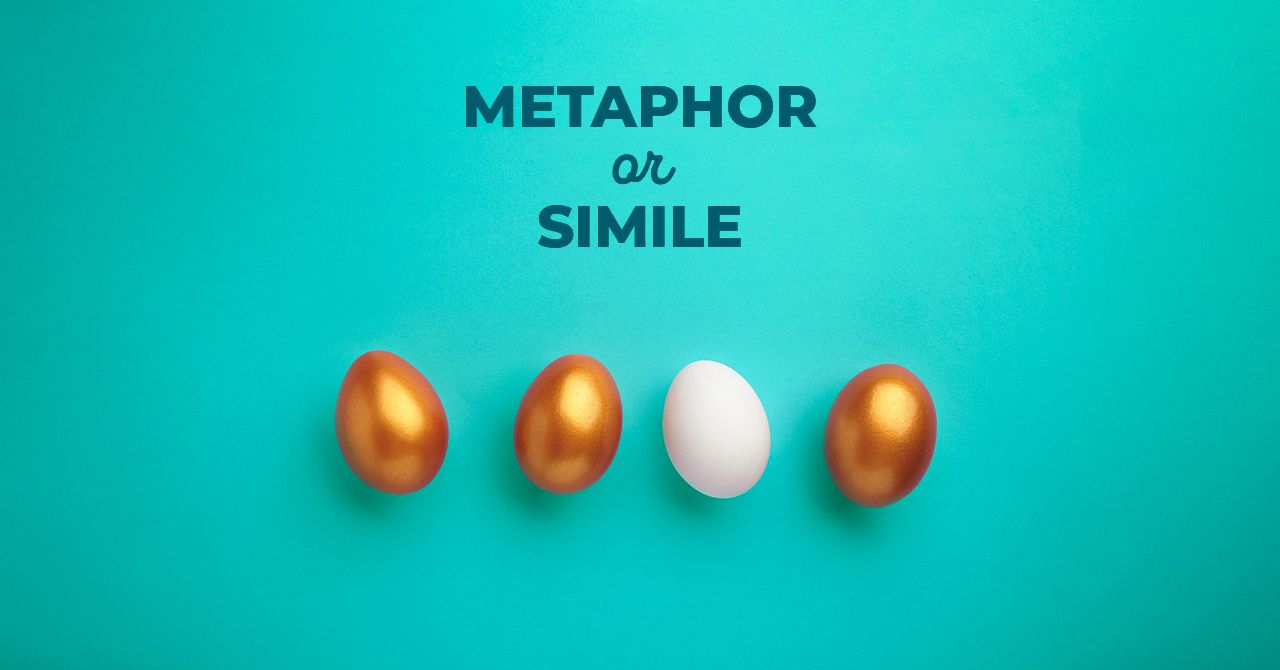
Understanding Subordinating Conjunctions: Meaning, Usage, and Examples
Conjunctions are words or phrases that can connect sentences, clauses, phrases, and words.

Understanding Quotation Marks: Usage, Rules, and Examples
A lot of people are confused about quotation marks, especially where to place them in a sentence and whether the punctuation mark that follows them should go inside or outside the quoted text.

When to Use Ms., Mrs., and Miss to Address People
Titles are used as a sign of respect when speaking to strangers when we do not know their first name, as well as our elders and our superiors, for example, in a professional context.

When to Use a Hyphen in the Phrase “Year Old”?
The phrase “year old,” which indicates an age, should be hyphenated in specific situations that we’re going to explain. This means avoiding the hyphen in others.

What Does Lmk Mean, And How to Use It Correctly?
Lmk is one of the most common abbreviations used in text messages and emails, standing for “let me know,” either capitalized or not.

Simile and Metaphor: How to Set Them Apart?
Simile and metaphor are two of the most common literary devices that allow you to compare different things, concepts, ideas, and experiences. Both can help you add interest, exaggerate, or emphasize.

“Ahold” or “A hold”: Choosing the Proper Term
Choosing the right term can be confusing so you may easily end up using the wrong one. Although the difference between them is a single space, it can change the entire meaning of what you’re saying.

Affect vs. Effect: Difference and Proper Usage
Understanding the difference between affect and effect will help your English sound more professional, so let’s help you keep them straight.